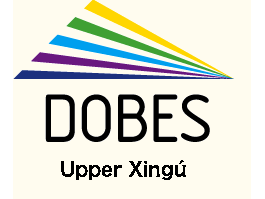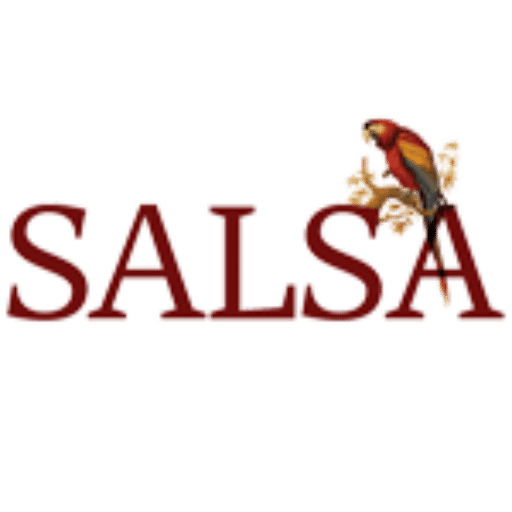
Languages of the Upper Xingú
Upper Xingú
We gather here three DoBeS projects working on three genetically unrelated languages, belonging to the cultural system of the Upper Xingú area: Kuikuru (Carib), Trumai (isolate), and Aweti (Tupi). The aims of the co-operation among these DoBeS Projects are the organization of comparable corpora (lexical domains and texts) in order to elucidate the integration process of the Xingúan people into the Upper Xingú intertribal society.
Languages of the Upper Xingú area
The Upper Xingú Carib Language (LKAX) is classified as belonging to the Carib family. The Upper Xingú Carib language has two main dialects: the one spoken by the Kuikúro and Uagihütü (old Matipú) people, and that spoken by the Kalapálo, Nahukwá and Matipú.
Awetí is the mother tongue of about 140 speakers living in two villages in the Xingú Indigenous Park, Mato Grosso, Brazil.
Trumai is an isolate language. Possibly the other languages that were related to Trumai already disappeared without any kind of documentation or record, which then would make Trumai the only existent representative of an entire linguistic family.
Research team
The Kuikúro language, culture and oral traditions have been documented since 1976 by Bruna Franchetto, researcher and teacher of the Department of Anthropology and the Graduate Programs in Social Anthropology of the National Museum and in Linguistics, both of the Federal University of Rio de Janeiro. She is also researcher of the CNPq (Brazilian Scientific National Counsel).
Trumai project: Stephen Levinson (Max Planck Institute for Psycholinguistics (Netherlands) – Coordinator); Dr. Raquel Guirardello-Damian (Max Planck Institute for Psycholinguistics & Museu Paraense Emílio Goeldi – Responsible for the linguistic aspects of the project); Aurore Monod Becquelin (CNRS – Responsible for the historical and anthropological aspects of the project).
Aweiti project: Hans-Heinrich Lieb (Freie Universität Berlin – coordinator); Sebastian Drude Freie Universität Berlin – main researcher).
